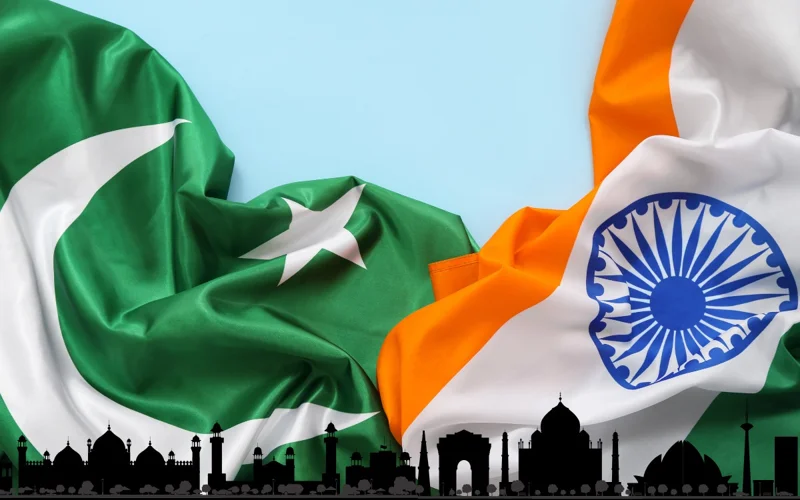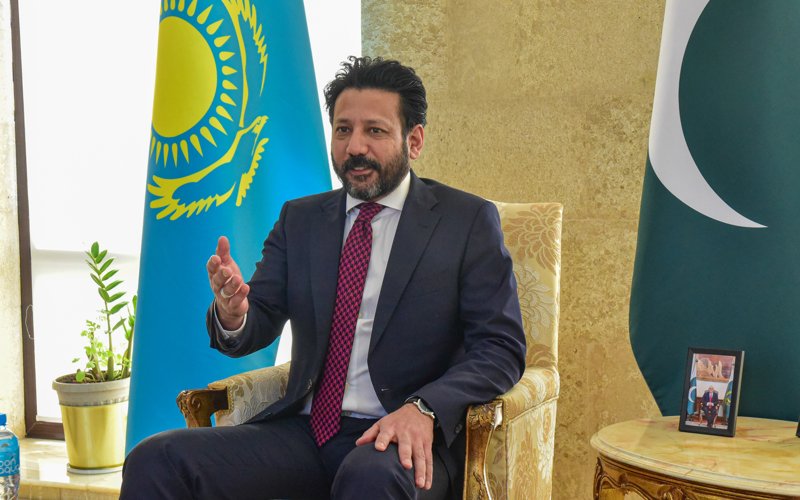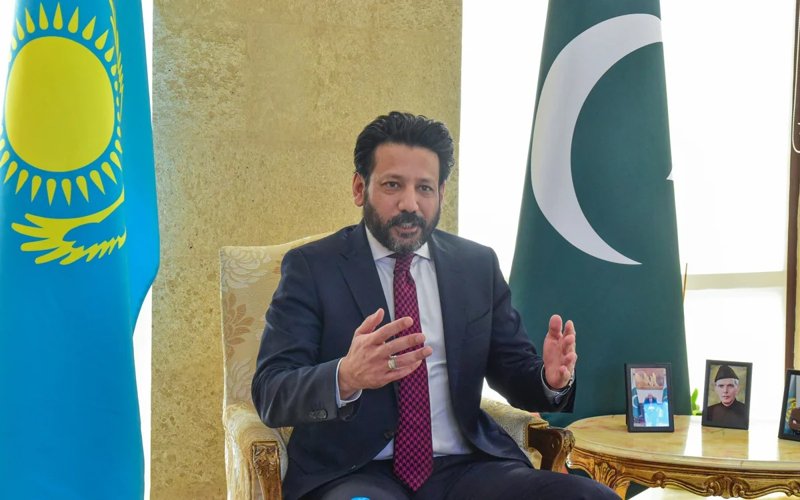Pahalgam attack aftermath: India and Pakistan share their official stances
In the aftermath of the Pahalgam terrorist attack that killed 26 people, India and Pakistan have presented their respective responses amid rising regional tensions. The embassies of both countries in Kazakhstan shared official statements outlining their positions on the incident and its broader implications, Kazinform reports.

As stated by the Indian Foreign Secretary, “The CCS was briefed in detail on the terrorist attack on 22 April 2025 in Pahalgam, in which 25 Indians and one Nepali citizen were killed. A number of others sustained injuries. The CCS condemned the attack in the strongest terms and expressed its deepest condolences to the families of the victims and hoped for the early recovery of the injured.”

Pakistan, for its part, rejected any link to the attack and criticized India's response as ‘provocative’. Nauman Bashir Bhatti, Ambassador of Pakistan to Kazakhstan, shared his country’s official position during a press briefing in Astana.
“Our region is facing serious threats to peace and security due to the highly provocative environment being created by India in the wake of the Pahalgam incident. (...) Unresolved dispute of Jammu and Kashmir remains the root-cause of instability in South Asia. Pakistan condemns terrorism in all its forms and manifestations. Targeting innocent civilians anywhere is deplorable and condemnable,” he said.
Following the incident, India announced several retaliatory measures, including the suspension of the 1960 Indus Waters Treaty, closure of the Attari checkpoint, and revocation of SAARC visa privileges for Pakistani citizens. Indian authorities also reduced the diplomatic presence of both countries by declaring several Pakistani defense advisors persona non grata and recalling Indian counterparts from Islamabad. In response, the Pakistani ambassador commented on the broader consequences of these actions, calling them dangerous and destabilizing.
“The actions announced by the Indian Cabinet Committee on Security after the Pahalgam incident are illegal and highly irresponsible,” the ambassador said, highlighting that “as a lower riparian state, the lifeline of over 240 million people of Pakistan is dependent on water flows regulated by IWT. The National Security Committee of Pakistan has made it clear that any attempt to stop or divert the flow of water belonging to Pakistan as per the IWT and the usurpation of rights of the lower riparian will be considered as an Act of War and will be responded with full force across the complete spectrum of National Power.”
While India affirmed its intent to pursue justice and increase vigilance, Pakistan reiterated its commitment to diplomacy and peaceful resolution.
“Pakistan also issued a statement following the Pahalgam incident. We expressed concerns on the loss of lives and extended condolences. As a member of the UN Security Council, Pakistan also constructively engaged with other members on press statements issued by the UN Security Council on the incident. Pakistan also called for an independent probe into the incident by neutral investigators. We reject any attempt to link Pakistan with the Pahalgam incident. Pakistan has neither any connection to it nor a potential beneficiary,” Mr. Nauman Bashir Bhatti explained.

In both regional and international arenas, the attack has drawn widespread condemnation. India has welcomed the expressions of solidarity from other countries and emphasized the need for collective global action.
“Strong expressions of support and solidarity have been received from many Governments around the world, which have unequivocally condemned this terror attack. The CCS recorded its appreciation for such sentiments, which reflect zero tolerance for terrorism,” the official Indian statement reads.
At the same time, Pakistan called for restraint and renewed dialogue and peace, but will respond in case of any aggression.
“Pakistan does not want to escalate the situation. However, Indian actions and rhetoric during the last few days are highly irresponsible. Being a responsible member of the international community, Pakistan believes in restraint and remains committed to regional peace and stability. Pursuit of durable peace requires responsibility, introspection and a commitment to dialogue, not diversion and distortion as pursued by India. (…) In case of any act of aggression by India, Pakistan remains determined to defend its sovereignty and territorial integrity with full vigor and force, while exercising its inherent right to self-defense as enshrined in Article 51 of the UN Charter,” the ambassador stated.
Meanwhile, the UN Security Council also issued a statement condemning the Pahalgam attack and calling for accountability. The Council stressed the seriousness of terrorism as a threat to international peace and urged all nations to cooperate under international law to bring perpetrators to justice.
Earlier, Kazinform reported about the statement made by Pakistan's Information Minister, Attaullah Tarar.

